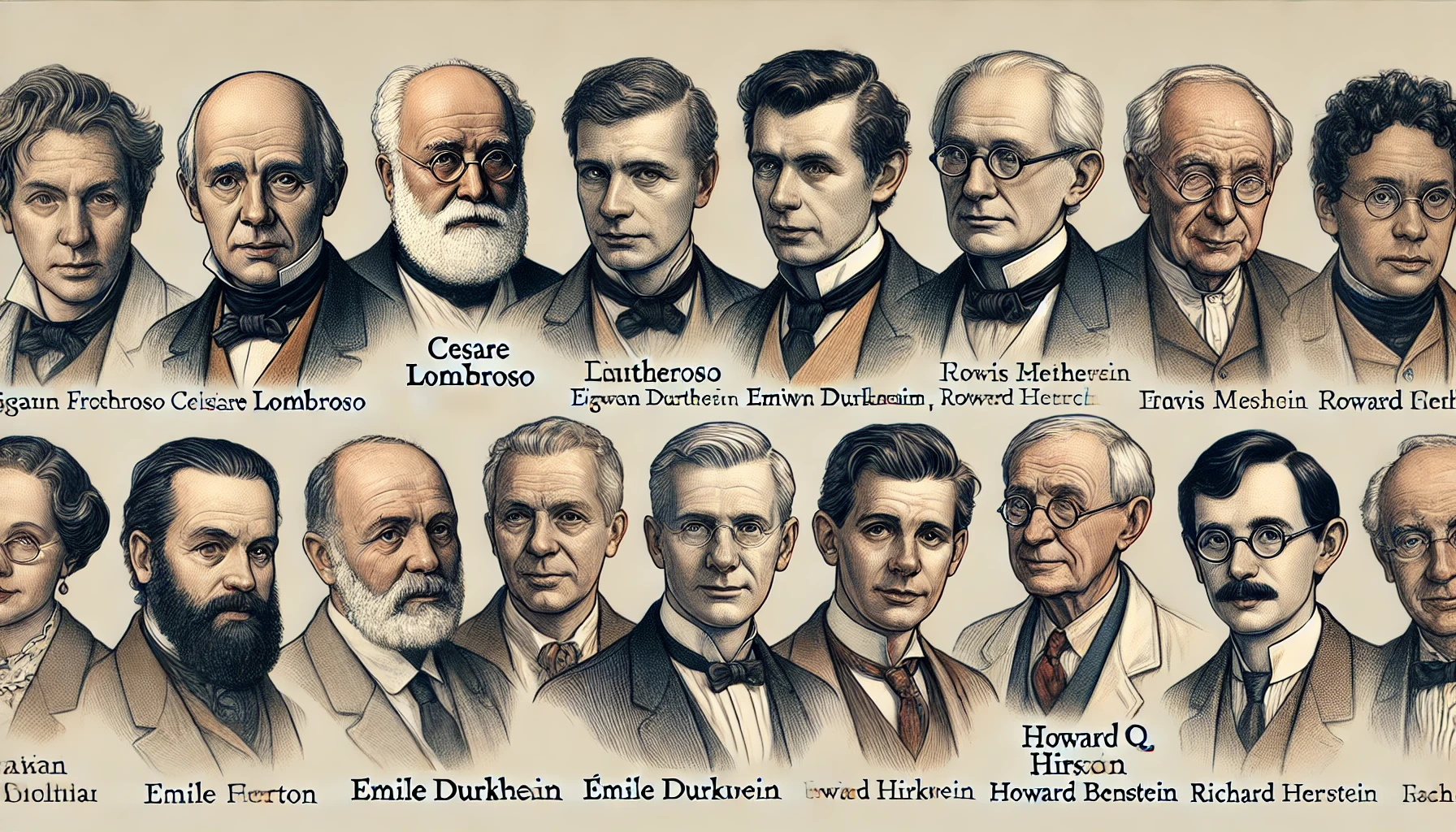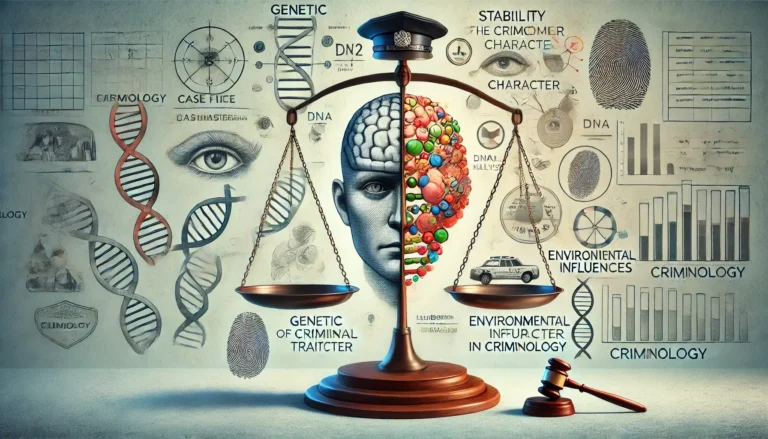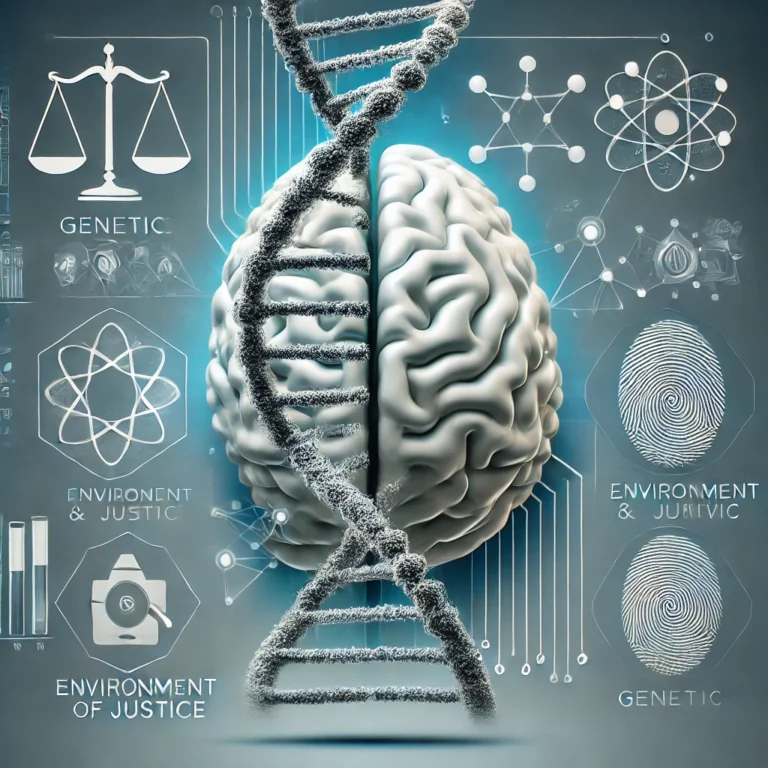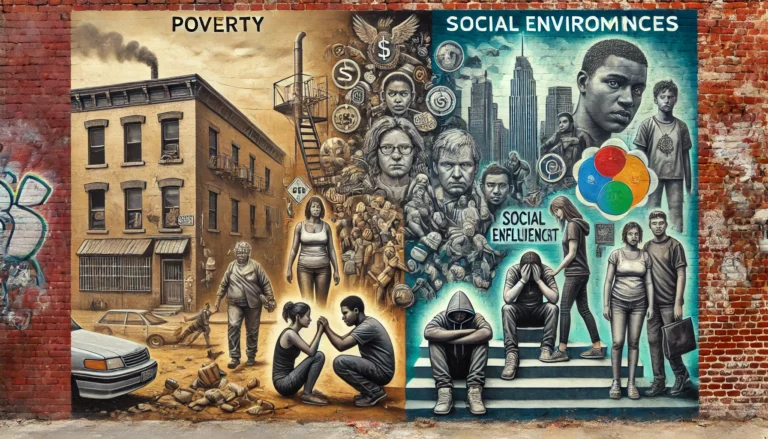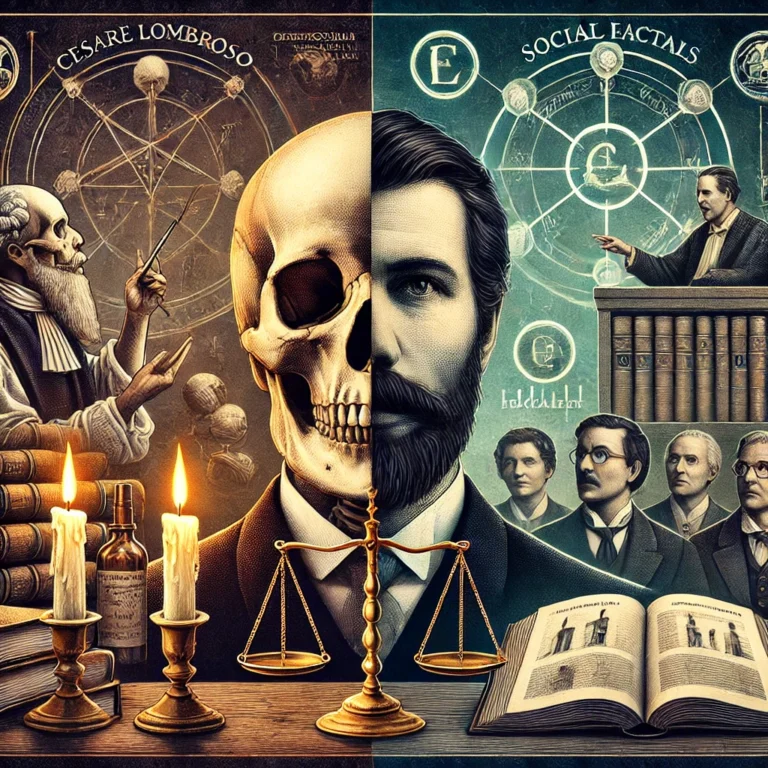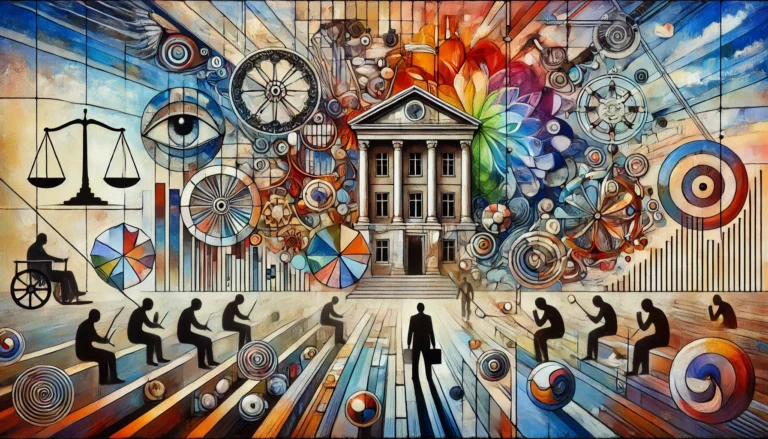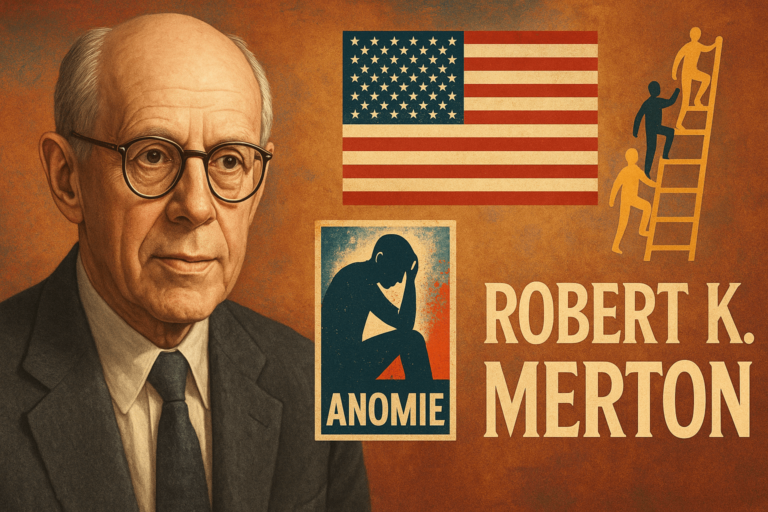The Founders of Criminology: Key Philosophers Who Shaped the Field
Cesare Lombroso
Biological Theory of Crime: Often regarded as one of the founders of modern criminology, Cesare Lombroso introduced the idea that some individuals are biologically predisposed to criminal behavior due to inherited traits. Facial Features and Crime: Lombroso suggested that certain physical characteristics, such as skull shape and facial structure, could indicate a tendency toward crime. This concept, known as “criminal typology,” formed the basis of his work. Impact: Although his theories were later criticized, Lombroso established a new scientific approach by examining crime through a biological lens, greatly influencing criminal psychology and the study of criminal behavior.
Sigmund Freud
Psychoanalysis in Criminology: Freud’s development of psychoanalysis provided insights into the psychological dimensions of crime, linking criminal behavior to repressed instincts and emotions. The Unconscious Mind and Crime: Freud suggested that criminal actions might stem from unconscious conflicts, such as hidden desires or feelings of guilt. Criminal Motives and Psychotherapy: Freud’s work inspired researchers in criminal psychology to analyze the underlying motives of criminals through psychotherapy, furthering our understanding of crime’s psychological aspects.
Edwin Sutherland
Differential Association Theory: Sutherland proposed that criminal behavior is learned through social interactions, especially with individuals who engage in illegal activities. White-Collar Crime: He also introduced the concept of “white-collar crime,” highlighting that crime is not exclusive to disadvantaged groups but also occurs among affluent and influential individuals, broadening the scope of criminology.
Émile Durkheim
Crime as a Social Phenomenon: Durkheim viewed crime as a natural part of any society, suggesting that it plays a social role in promoting change. Anomie Theory: He argued that high crime rates might result from a breakdown in social norms and values, leading to a state of “anomie,” where individuals feel disconnected from society. Influence on Crime Theories: Durkheim’s insights laid the groundwork for understanding crime through sociological theories and the influence of social structures.
Robert Merton
Strain Theory: Merton’s theory of strain posits that crime may occur when individuals experience a gap between their goals and the legitimate means to achieve them. Innovation and Criminal Behavior: Merton suggested that some individuals may resort to crime as a means of achieving material success when legitimate opportunities are unavailable, influencing theories of crime related to economic and social pressures.
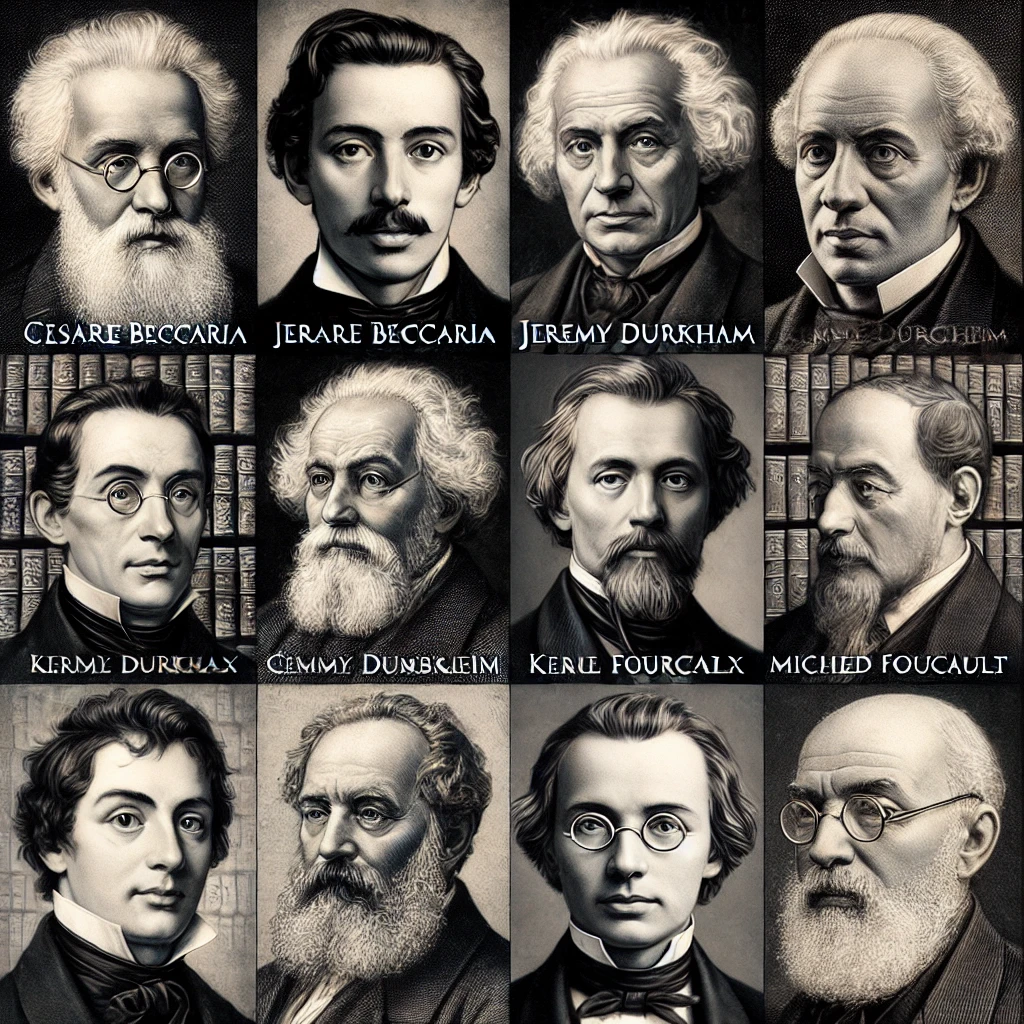
Travis Hirschi
Social Bond Theory: Hirschi’s research focused on the role of social bonds, such as family and school, in preventing criminal behavior. Behavioral Deviance and Crime: He argued that weak social ties contribute to deviant behavior, which helps explain the social factors behind criminal actions, a concept that remains central in criminology studies.
Howard Becker
Labeling Theory: Becker introduced the idea of labeling, which examines how society’s labeling of certain individuals as “criminals” or “deviants” can influence them to adopt these roles. Identity and Criminal Behavior: According to Becker, once labeled as “criminals,” individuals may internalize this identity, leading to more criminal actions. His theories have had a lasting impact on the study of social psychology and crime.
James Q. Wilson and Richard Herrnstein
Biopsychosocial Approach to Crime: Wilson and Herrnstein explored how biological, psychological, and social factors interact to shape criminal behavior. Environmental Influence on Crime: Their studies emphasized the influence of one’s environment and biological traits on criminal actions, contributing to criminology’s understanding of crime from a multi-faceted perspective.
These thinkers and their theories illustrate the diverse approaches within criminology that help us understand the causes of crime. By exploring biological, psychological, and social theories, readers gain a comprehensive view of how criminal behavior develops, offering insights into the motives and conditions that contribute to criminal actions.

